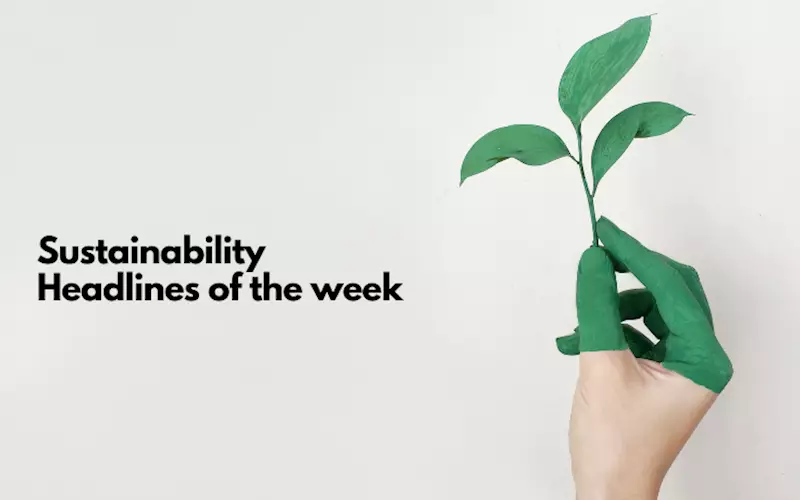Recycled polypropylene; EU plastic ban; bamboo bottles
The WhatPackaging? team collates the top headlines that made news this week in the field of sustainability
10 Jul 2021 | By WhatPackaging? Team
Unilever to recycle post-consumer polypropylene food packaging: Unilever has joined Nextek’s global project NEXTLOOPP to create food-grade recycled polypropylene (rPP) from post-consumer packaging waste. Polypropylene (PP) is a commonly used packaging material for food across the globe. Yet, post-consumer PP packaging is not widely recycled in conventional mechanical recycling infrastructure. Unilever has committed to halve the use of virgin plastic in its packaging and remove more than 100,000 tonnes of plastic by 2025 through its ‘Less, better, no’ plastic framework as a guiding principle to drive transition towards a circular economy.
EU bans single-use plastics: Ten single-use plastic (SUP) products that for years have blighted Europe's beaches will be largely banned from 3 July as the EU's Single-Use Plastics Directive of 2019 comes into force. Plastic cotton bud sticks, cutlery, plates, straws, stirrers, balloon sticks and polystyrene drinks and food vessels cannot be sold as of Saturday. Also getting binned are oxo-degradable plastic bags that are marketed as biodegradable but which, according to the EU, break down into microplastics that long remain in the environment. These disposable plastics make up around 70% of marine litter in Europe. Cafes and restaurants will now be forced to stock cups and straws made of bamboo, cellulose or other biodegradable materials. SUP bags, bottles, beverage and food containers for immediate consumption, packets and wrappers, tobacco filters, sanitary items and wet wipes will still instead be restricted, while producers will have to pay for the clean-up and institute awareness campaigns about their environmental impact. The end goal is an EU circular economy model via which any remaining disposable plastics will be reusable or recyclable by 2030.

Bamboo bottles as green alternatives to plastic: Even as the UN estimates that one million drinking bottles are added to the world’s plastic waste pile every minute, Dhritiman Borah, a resident of Assam, has come up with a ray of hope. A few years ago, he began manufacturing bamboo bottles — an initiative that has found many takers across India. Bora, who has 20 years of experience in craftsmanship, said initially he was making just a few hundred bottles, but now 5,000 bottles come out from his workshop every month. Known as poor man’s timber, bamboo is also the fastest growing plant and plays a crucial role in the food and nutritional security of tribal-dominated northeastern provinces of India. India has the highest that is 13.96-million hectares (34.4-million acres) of land under bamboo cultivation. It is the second richest country, after China, in terms of bamboo diversity with 136 species (125 indigenous and 11 exotica).
Take-out food is littering the oceans: Plastic from take-out and convenience food is littering rivers and oceans, according to a new study. Scientists analysed global inventories cataloguing more than 12-million pieces of litter found in and around rivers, oceans, shorelines and the seafloor. They found eight out of 10 items listed were made of plastic. And 44% of this plastic litter related to take-out food and drinks. Single-use bottles, food containers and wrappers, and plastic bags made up the biggest share. Measures to cut plastic pollution have focused on the likes of straws, cotton buds and drink stirrers, which are relatively easy to replace. The researchers say these actions are welcome, but they recommend also tackling plastic from take-out food and drink. They say this type of plastic is often discarded outdoors after being used for only a very short time and should be prioritised. Writing in the journal Nature Sustainability, they suggest three possible strategies for tackling the problem — replace plastic in take-out food and drink with more-easily degradable materials; bring in regulatory bans on plastic that can be avoided, such as bags; and consider deposit-refund schemes to encourage shoppers to return take-out products.











 See All
See All